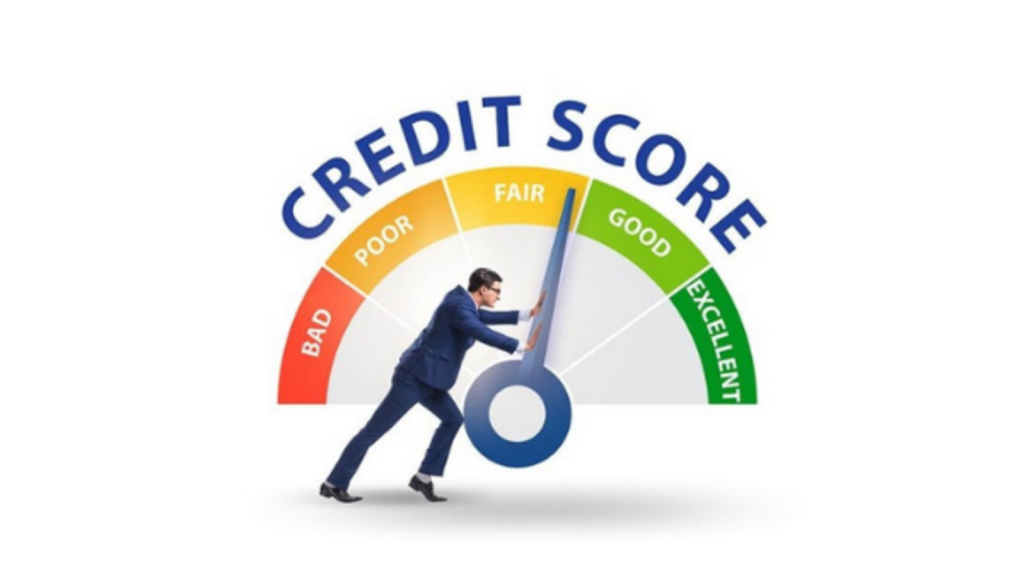In recent years, the Philippines has witnessed a remarkable transformation in both technology and credit landscape. The convergence of technology and credit has paved the way for new opportunities, greater financial inclusion, and improved economic prospects for individuals and businesses. This article delves into the crucial intersection of technology and credit in the Philippines, exploring how advancements in digital innovations have revolutionized the lending industry and changed the way people access and manage credit.
The Digital Revolution

The Rise of Fintech Companies
In the past decade, the Philippines has witnessed a surge in financial technology (fintech) companies. These innovative startups have introduced revolutionary digital platforms that offer easy access to credit facilities. By leveraging advanced algorithms and big data, fintech companies can assess creditworthiness accurately and quickly, enabling them to cater to underserved and unbanked segments of the population.
Mobile Banking and Digital Wallets
The proliferation of smartphones and the internet has facilitated the growth of mobile banking and digital wallets in the Philippines. Consumers can now conduct financial transactions, including applying for credit, with just a few taps on their phones. This has made credit more accessible to the masses, streamlining the application and approval process.
Blockchain and Secure Transactions
Blockchain technology has made financial transactions more secure and transparent. Its decentralized nature ensures that credit-related data remains tamper-proof and reduces the risk of fraud. By incorporating blockchain in credit systems, lenders can instill trust in borrowers, fostering a healthy credit environment.
The Impact on Financial Inclusion
Reaching the Unbanked Population
A significant portion of the Philippine population remains unbanked, lacking access to traditional financial services. However, the marriage of technology and credit has brought these individuals into the fold. Fintech companies offer credit options to those without a credit history, empowering them to participate in the formal economy.
Microloans for Small Businesses
Small and medium-sized enterprises (SMEs) play a vital role in the Philippines’ economy, but they often struggle to secure credit from traditional banks. With technology-driven lending platforms, SMEs can now obtain microloans tailored to their needs, fueling business growth and fostering entrepreneurship.
Financial Education and Literacy
The convergence of technology and credit has also led to increased financial education and literacy. Consumers are becoming more aware of credit terms, interest rates, and responsible borrowing. Fintech companies often offer educational resources to help borrowers make informed financial decisions.
The Challenges and Opportunities

Data Privacy and Security
While technology has improved credit accessibility, it also raises concerns about data privacy and security. With the vast amounts of data collected by fintech companies, ensuring the protection of sensitive information becomes paramount. Striking a balance between convenience and security is crucial for the sustainable growth of digital credit.
Regulatory Framework
As the technology and credit sectors continue to evolve, the Philippine government faces the challenge of establishing a robust regulatory framework. Balancing innovation with consumer protection is vital to promote financial inclusion while safeguarding consumers from potential risks.
Embracing Financial Innovation
Embracing financial innovation presents immense opportunities for the Philippines. By fostering a conducive environment for fintech startups and promoting collaboration between traditional financial institutions and technology companies, the country can advance its financial ecosystem.


Leave a Reply